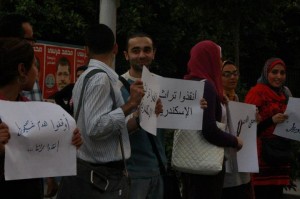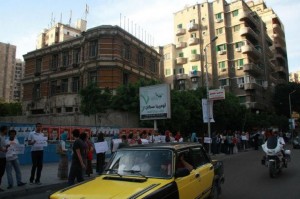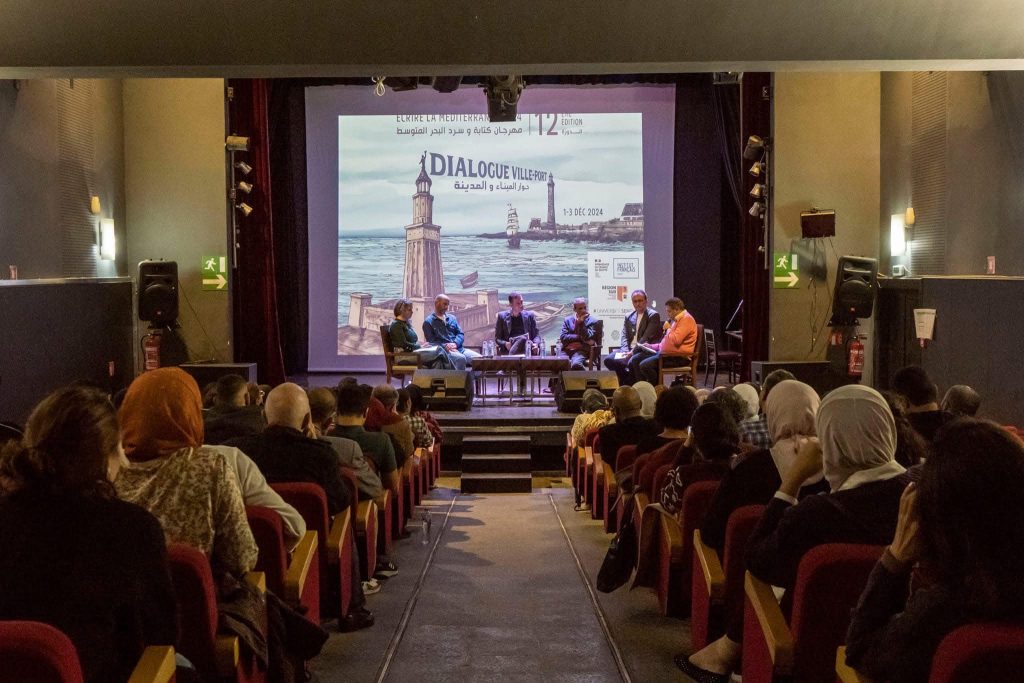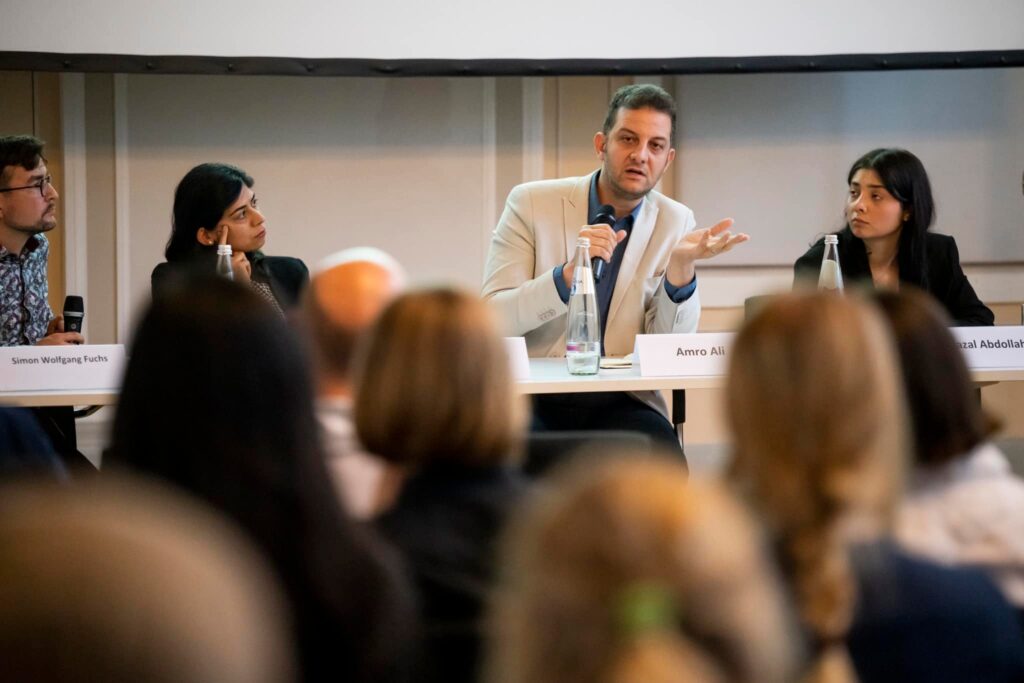Article published in openDemocracy
I recently penned an investigative article entitled, ‘The real estate pirates behind Alexandria’s collapsing tenements’ that examined the spate of building collapses in the coastal city, particularly in the light of last month’s calamity in the heart of old Alexandria that resulted in 22 lives lost. Behind such events, as I noted, are a “loose network of land-lords, kahools [fall-guys], unscrupulous contractors, corrupt district engineers, crooked or apathetic police officers, and hired thugs making up what can only be described as Alexandria’s real estate mafia.”
The mafia have not only declared a war on safety standards, but on Alexandria’s cultural heritage sites as well. Post-revolutionary Egypt was visited by the semi-break down of law and order, and an Egyptian public that became distracted with the country’s tumultuous political transition. The real estate mafia went into overdrive mode, not only building unsound structures, but destroying in the process cultural heritage sites dating from the pre-1952 monarchical era in order to build more of their dodgy high-rise apartments.

With an impotent heritage law and a governor who was daily signing off 150-180 orders to halt illegal demolitions to little avail, the only effective response was the collective effort of a new group “Save Alex” that gathered students from the colleges of fine arts, engineering, tourism and hotels, and others, as well as Alexandrians from all walks of life including academics, activists, civil servants and even nostalgic elders.
The group’s goals sought an end to the destruction of the city’s heritage sites and building code violations.
The mafia were not used to opposition, unless it came from law enforcement agencies. There arose a cat and mouse game, where a threat to one heritage site would bring out Save Alex.
The tools of the revolution were brought out again in full force – Facebook, Twitter, campaigns, vigils, brochure handouts. The public was a getting a taste of something novel – protests that have nothing to do with bread or bringing down a regime (or bringing down anything), but instead about preserving remnants of the past. The group has had some success, such as saving the historic Cicurel Villa – an art deco villa built in the 1920s by French architects Leon Azema, Jacques Hardy and Max Edrei. The pressure exerted by the group led the then Prime Minister Kamal El Ganzoury to step in, to protect the heritage listing in May.
The Save Alex group is making headway in different ways. Their very presence may not have halted the destruction of heritage sites, but it has shone a spotlight on the issue. They have struck at the mafia’s most powerful tool, operating in the cover of darkness (often literally). This is a mafia that have rammed bulldozers into walls or water-flooded the foundations to destabilise the structure and therefore make them eligible for demolition. This is what Save Alex is up against. Also the successes, no matter how small, do create a momentum to keep on fighting the mafia.

There is a generational battle that includes a band of building owners and contractors who are the progeny of President Anwar Sadat’s 1970s Infitah era of crony-capitalism that thrived in the Mubarak years and gave the Pearl of the Mediterranean many of its soulless, colourless and hazardous buildings that were in tune with Mubarak’s persona. This gang has now to deal with a digital youth that are more mobile and have a different set of priorities than previous generations of youth have had. Heritage is now one of them.
There is some way to go, the web of corruption in the construction industry is so convoluted and the weakness of heritage protection laws would require a national concerted effort to address the problem. However, the rise of Save Alex and other sister groups such as “We won’t let Alexandria turn into ruins” are highlighting the role of civil groups in the new Egypt, and the critical role they play in engaging the Egyptian public in issues they may have up until now overlooked.
The mafia may be at large, yet Egypt’s growing civil society will refuse to wake up with a camel’s head next to it in bed.






